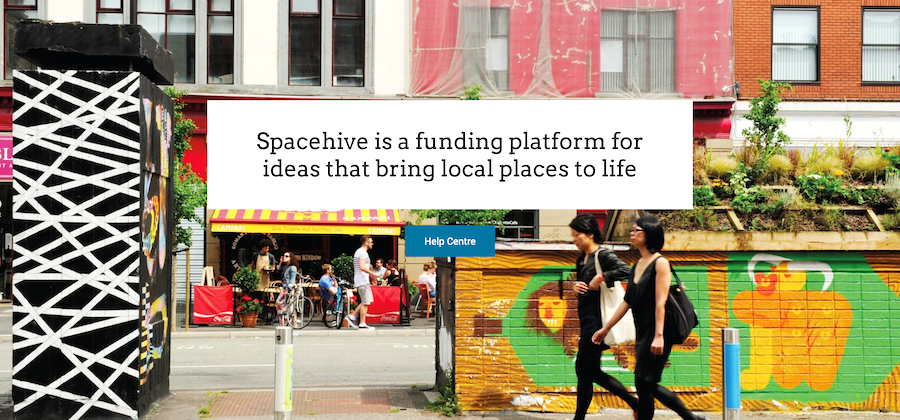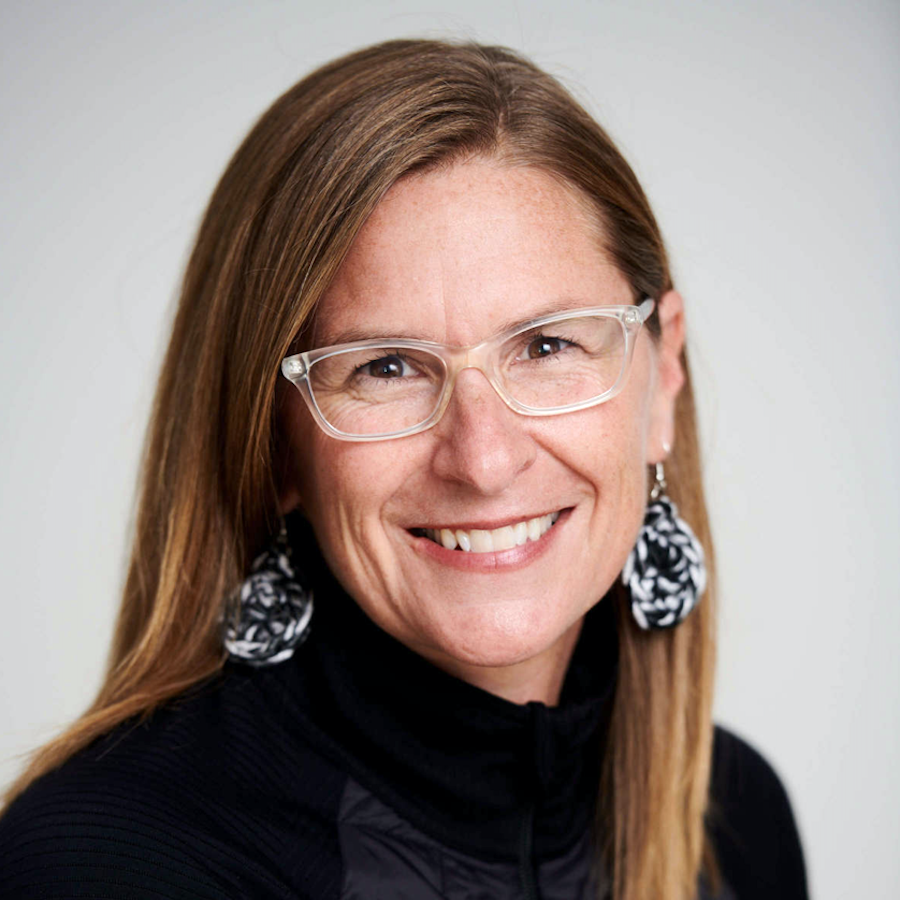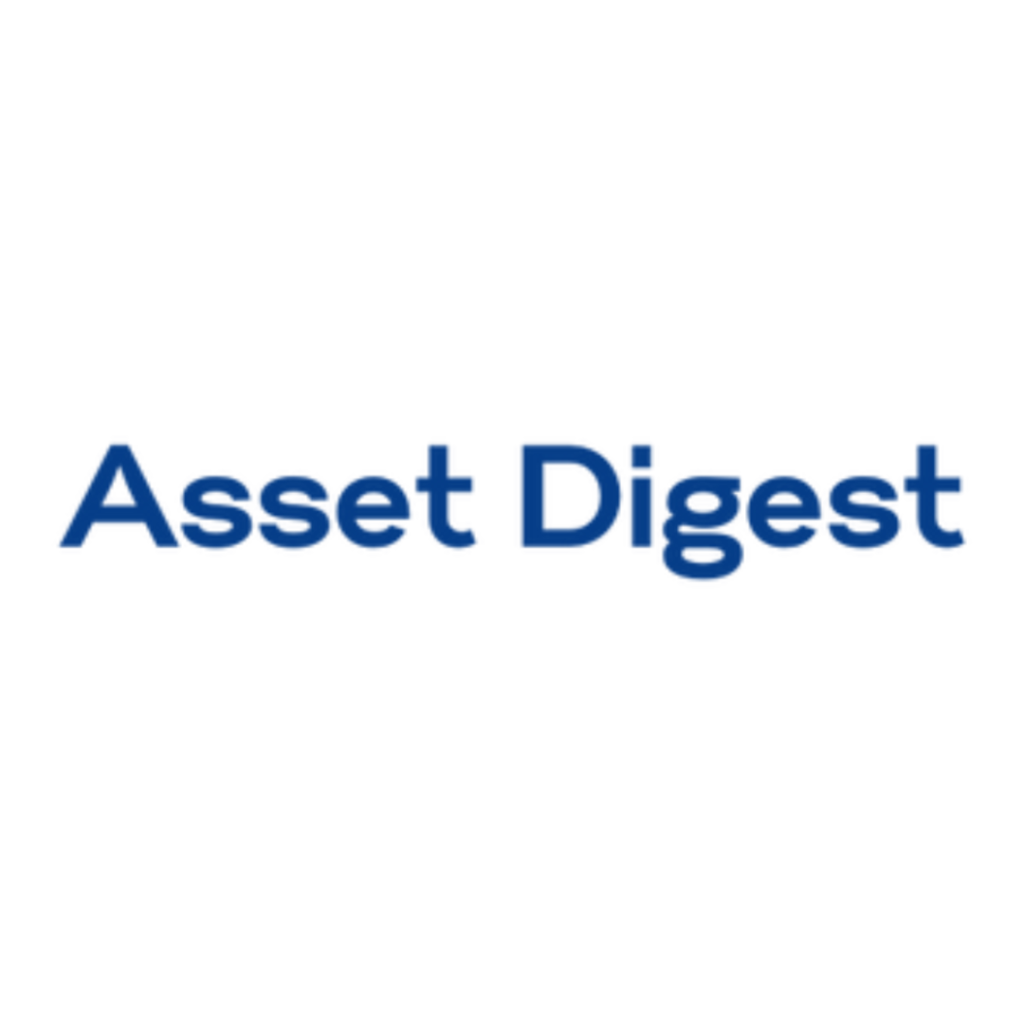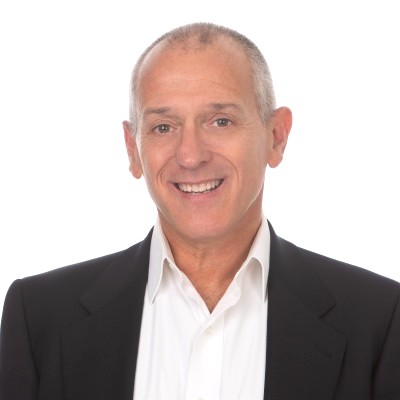
Crowdfunding can take many forms — from donation-based to investment-based, supporting small and large businesses or bricks and mortar and even civic projects.
We’ve always loved Spacehive, the earliest civic crowdfunding platform to emerge, founded by Chris Gourlay in London.
Spacehive helps locals and communities bring their ideas to life through crowdfunding. As the world’s first civic-centric crowdfunding platform it has grown into a platform that has helped to deliver 1,950 projects across the United Kingdowm. When an individual or community lists a project on the platform, Spacehive provides matching funds from councils, foundations and companies, with £3.4m currently available from various partners.
To date Spacehive has raised £26m through the platform with a success rate of 55 percent for projects listed. As well as bringing a plethora of ideas to life these projects have created jobs, seen trees planted, walls painted, public squares created, community centers built and improved, sculptures installed, and phone boxes converted to mini art galleries.
Projects raising funds right now include solar panels for a 152-year-old open-air swimming pool; a playground redevelopment; restoration of a Community Center floor; the conversion of a double-decker bus as a community space; a new athletics track; a Moonraking Festival; a croquet clubhouse and a second movie screen for a local cinema.
“We envision a world where everyone can shape their local area to create places that make people happy, proud and prosperous.” says Chris. “We want to make it easy for people to improve their local area. Our technology brings together people, businesses, government and foundations to collaboratively fund projects that communities want.”
If you want to learn more about Spacehive from Chris Gourlay, listen in to this podcast.
Image of Spachive website




